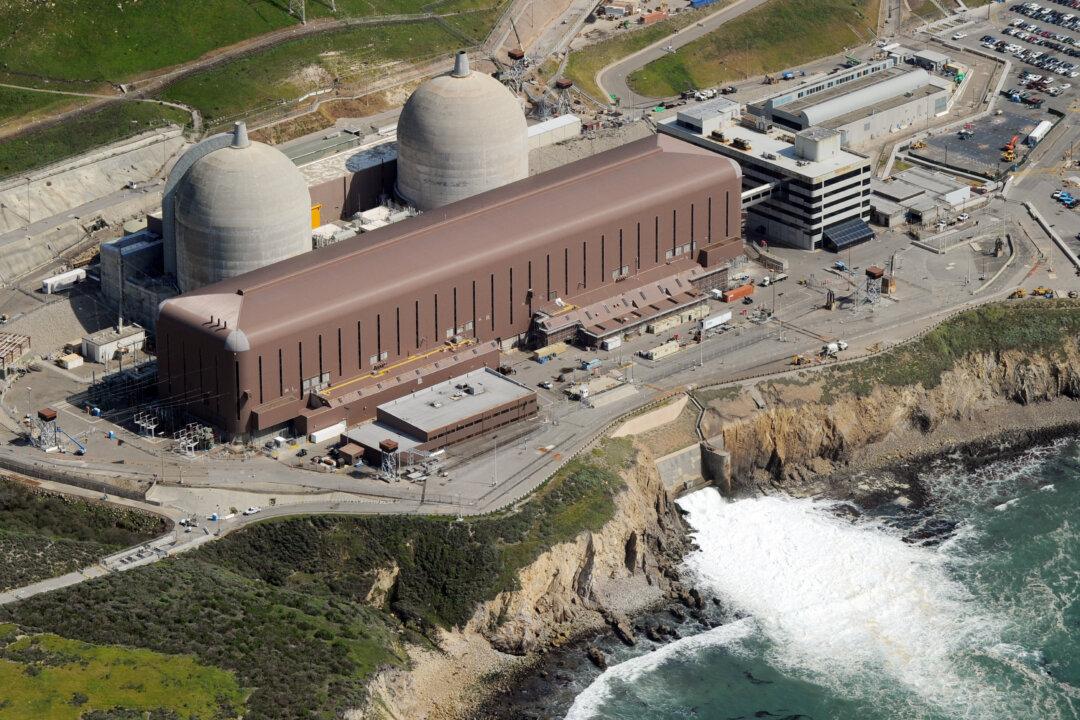Communities have responded to the federal opposition’s plan to build seven nuclear plants at coal power stations across the nation.
The plan will kick off if Peter Dutton is elected prime minister, and includes nuclear plants in the Gippsland region of Victoria, Callide and Tarong in Queensland, Port Augusta in South Australia, Collie in Western Australia, and Mount Piper and Liddell in New South Wales.





